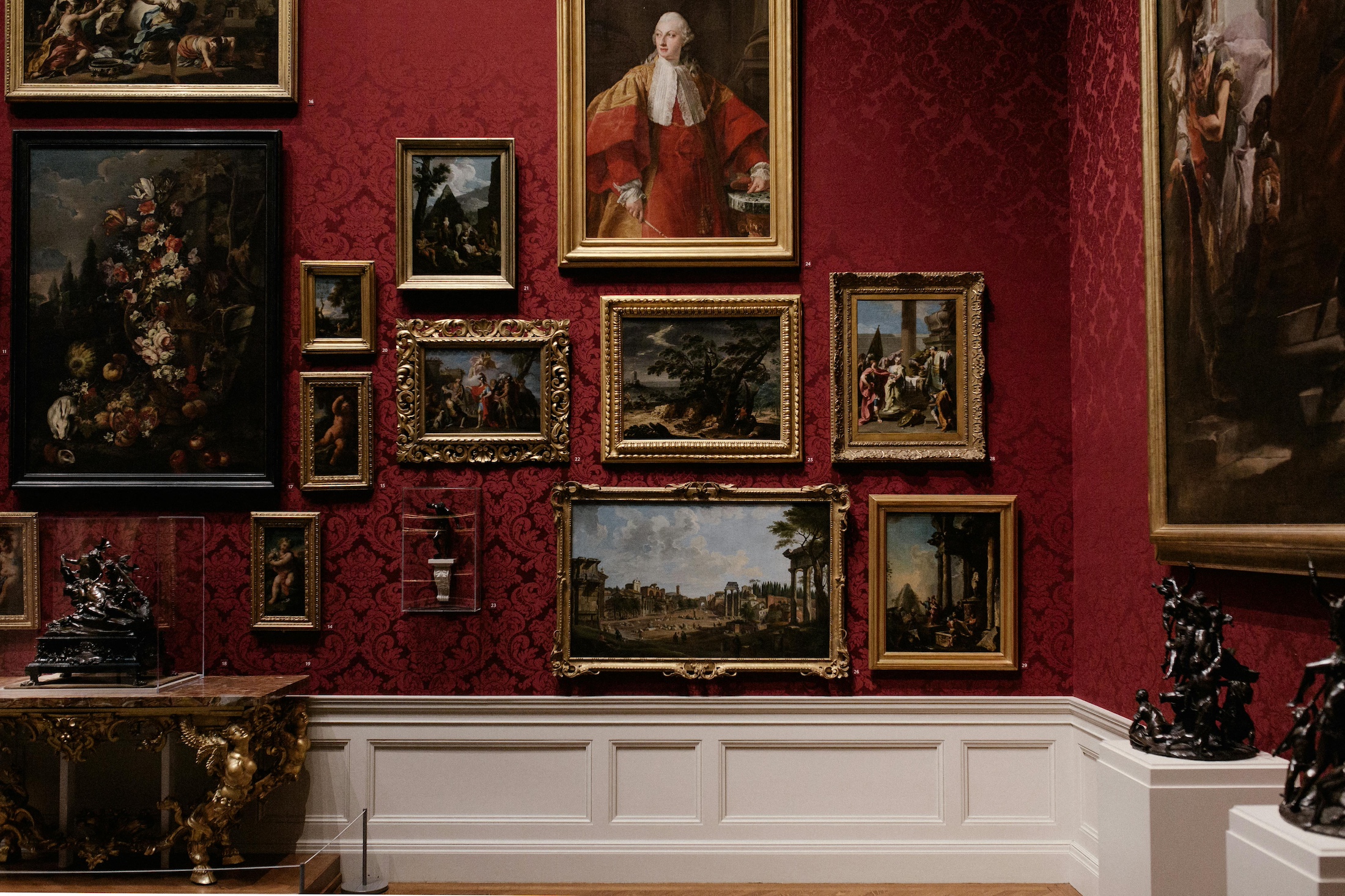
Best Practices for Ethical Collecting
#collecting #deaccessioning #ethical #museums #organisationsArt organizations and private collectors are increasingly scrutinized for their methods of collecting and disposing of art, necessitating a robust set of ethical guidelines to ensure transparency, accountability, and respect for cultural heritage. Understanding and implementing ethical policies in art collection and deaccessioning is crucial for maintaining public trust and preserving the integrity of art institutions. This article explores the essential policies for ethical museum practices, providing a comprehensive list of resources for further guidance.
Policies and Practices for Ethical Collecting and Deaccessioning
- Ethical Collecting Practices
Ethical collecting practices are essential to ensure that artworks are acquired in a manner that respects artists’ rights, cultural heritage, and legal standards. This involves thorough provenance research, fair compensation for artists, and adherence to legal frameworks. Understanding and implementing these practices helps maintain public trust and supports the integrity of art institutions.
- Ethics of Collecting: This resource provides an overview of how collectors can ethically interact with artists, emphasizing the importance of recognizing and compensating their work.
- Accessibility and Reading Room Practices: A guide focusing on making collections accessible to the public, ensuring ethical standards in the handling and presentation of artworks.
- New Code of Conduct for Collectors: Aims to encourage ethical art buying, providing guidelines that collectors should follow to ensure their practices are ethical.
- Ethical Guidelines on Acquisitions: Detailed guidelines for acquisitions in museums and art institutions, offering a thorough framework for ethical collecting.
- Ethics of Collecting Cultural Objects: Discusses the responsibilities of collectors and institutions in acquiring cultural objects, emphasizing the importance of provenance and legal acquisition.
- Code of Ethics for Museums: The Museums Association provides a comprehensive code of ethics, covering various aspects of museum operations including collecting and deaccessioning.
- Provenance and Legal Considerations
Provenance research and legal considerations are crucial in ensuring that art acquisitions are legitimate and ethically sound. Provenance research helps trace the history of an artwork, ensuring it has not been illegally obtained or exported. Legal frameworks provide guidelines to ensure compliance with national and international laws, protecting both cultural heritage and the rights of all parties involved.
- Legal Handbook for Art Collecting: Provides a legal perspective on art collecting in England and Wales, outlining the legal obligations and ethical considerations.
- Collecting Art Ethically: Offers insights into how individuals and institutions can engage in ethical art collecting.
- Provenance Research: Highlights the importance of provenance research in ensuring the ethical acquisition of art.
- ICOM Code of Ethics: The International Council of Museums (ICOM) code of ethics is a fundamental document outlining the ethical principles for museums worldwide.
- How We Collect: An article detailing The Met’s approach to ethical collecting and the measures they take to ensure transparency and accountability.
- Deaccessioning Principles and Practices
Deaccessioning, the process of removing items from a collection, is often laden with ethical dilemmas. It is essential to follow established principles and practices to ensure that deaccessioning serves the public interest, maintains transparency, and respects the cultural and historical significance of the artworks. Proper deaccessioning practices help maintain the integrity of collections and trust in art institutions.
- Principles of Deaccession: Outlines the principles and ethical considerations involved in the deaccessioning process.
- Example Code of Ethics: A model code of ethics provided by UNESCO, aimed at art museum directors.
- Collections Development Policy: A detailed policy document from the UK Government Art Collection on developing and managing collections ethically.
- Collecting Performative Art: An exploration of the ethical considerations in collecting performative art, with insights from the Tate.
- Code of Ethics for Collections Professionals: Outlines ethical standards for professionals managing collections in museums and similar institutions.
- Contemporary Collecting Toolkit: A toolkit designed to help museums engage in contemporary collecting practices ethically.
- Ethical Disposal and Deaccessioning Guidelines
Ethical disposal and deaccessioning guidelines are necessary to navigate the complex issues surrounding the removal and potential sale of artworks from collections. These guidelines ensure that such actions are carried out with transparency, respect for cultural significance, and adherence to legal and ethical standards. Properly managed deaccessioning helps maintain the institution’s credibility and the integrity of its collections.
- Ethical Toolkit for Museum Practitioners: A practical guide for museum practitioners on contemporary collecting and ethical considerations.
- Ownership and Ethics in Public Museums: Discusses the ethical challenges and responsibilities regarding ownership in public museums.
- Smithsonian’s New Policy: An overview of the Smithsonian Institution’s updated policy on ethical collecting.
- Ethical Issues in Collections Management: Explores various ethical issues related to managing collections, including acquisition and deaccessioning.
- Guidelines on Deaccessioning: ICOM’s guidelines on the ethical considerations and procedures for deaccessioning.
- The Lesser of Two Evils: An article exploring the ethical dilemmas museums face wwhen deaccessioning art.
- Ethics of Disposal: Discusses the ethical considerations involved in the disposal of museum collections.
- Methods of Sale: An ethical committee statement on the acceptable methods of selling deaccessioned collection items.
- Deaccessioning and Disposal: A guide to the ethical and practical aspects of deaccessioning and disposing of museum collections.
These resources offer valuable insights into ethical collecting and deaccessioning, helping institutions navigate these challenges effectively. Whether you are involved in acquiring new pieces or responsibly deaccessioning existing ones, these practices help maintain public trust and preserve the integrity of our cultural institutions. By committing to these ethical standards, we can continue to celebrate and protect the rich diversity of art and culture for future generations.







